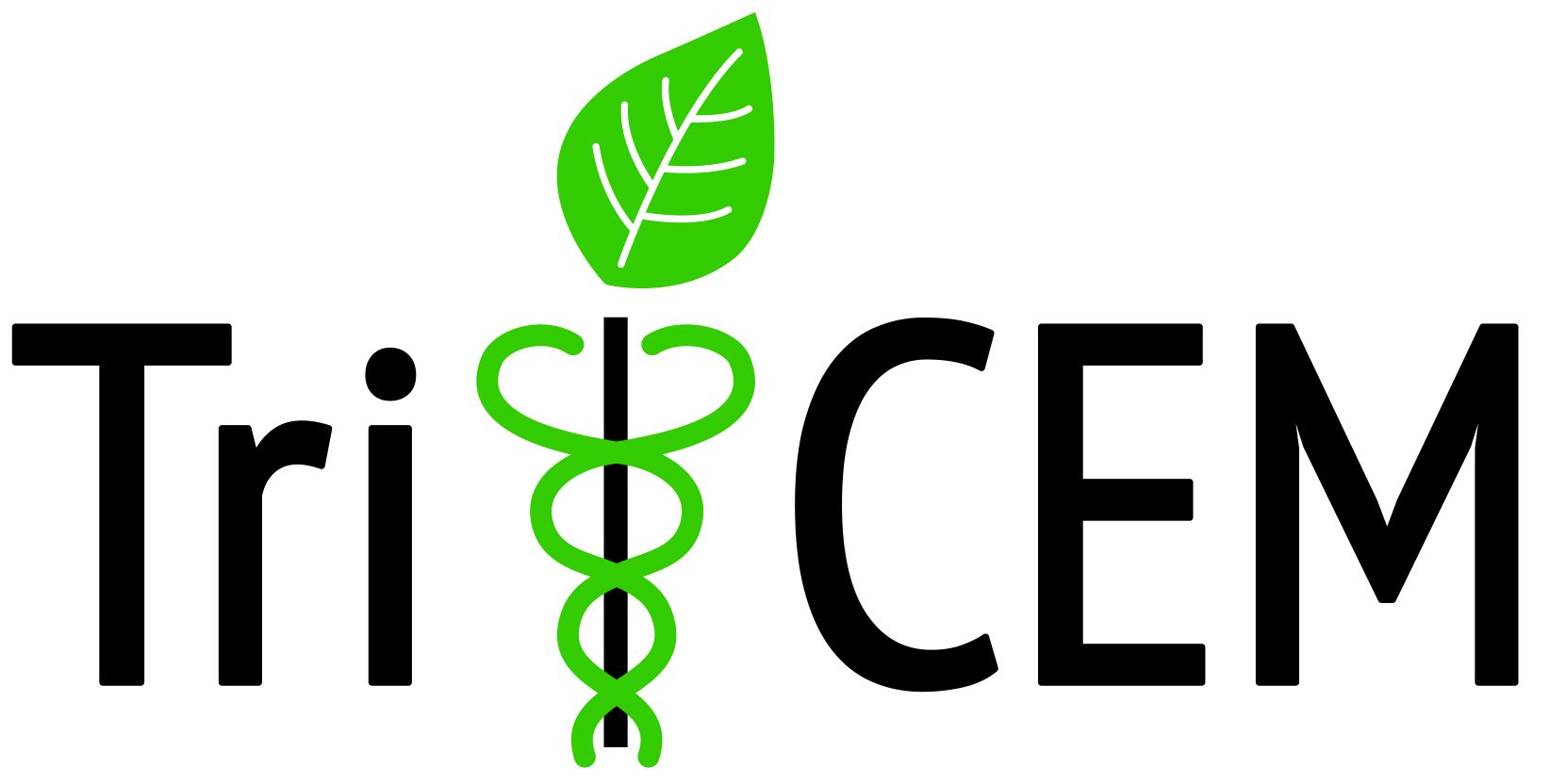DNA encodes all of the biological diversity on the planet and is responsible for
transmitting the information for life from generation to generation. Chemical pollution from the
environment may cause damage to DNA. If this damage is not fixed by various processes in the
cell, the sequence of DNA may change, resulting in a mutation. In most organisms, mitochondria
have their own genome, which is highly susceptible to damage from chemical pollutants as
mitochondria lack many DNA repair mechanisms that are in the nucleus. New evidence suggests
that mitochondrial DNA mutations may be associated with aging, cancer, and neurological
diseases in humans, in addition to fitness costs in other organisms. However, the source of these
mutations is not well understood. Therefore, we seek to explore the role of chemical pollutants on
mitochondrial DNA mutations, the evolutionary processes that drive the transmission of
mitochondrial DNA mutations across generations, and the effects of these mutations on
organismal health and population fitness.
Publications:
- Leuthner TC, Benzing L, Kohrn BF, et al. (2022) Resistance of mitochondrial DNA to cadmium and Aflatoxin B1 damage-induced germline mutation accumulation in C. elegans. Nucleic Acids Research gkac666.
